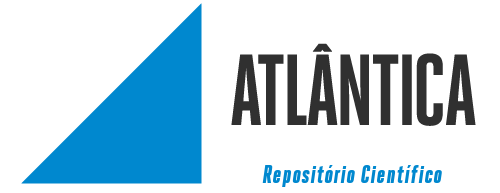Please use this identifier to cite or link to this item:
http://hdl.handle.net/10884/1311Full metadata record
| DC Field | Value | Language |
|---|---|---|
| dc.contributor.author | Rocha e Silva, Luís | - |
| dc.date.accessioned | 2018-08-28T10:06:21Z | - |
| dc.date.available | 2018-08-28T10:06:21Z | - |
| dc.date.issued | 2015-09 | - |
| dc.identifier.uri | http://hdl.handle.net/10884/1311 | - |
| dc.description.abstract | The triterpenes balsaminoside B (1) and karavilagenin C (2) were isolated from the African medicinal plant Momordica balsamina L. Karavoates B (3) and D (4) were synthesized by diacylation of 2 with acetic and propionic anhydrides, respectively. In previous work, derivatives 3 and 4 exhibited submicromolar median inhibitory concentrations (IC50) in vitro against Plasmodium falciparum Welch (human malaria parasite) strains 20 to 25 times lower than those of natural product 2. The main objective of the present study was to explore structure-in vivo antimalarial activity relationships (SAR) for compounds 1-4 in Plasmodium berghei Vincke and Lips NK65-infected mice in the 4 day suppressive test. Semi-synthetic derivatives 3 and 4 exhibited greater in vivo antimalarial activity than isolates 1 and 2. Orally and subcutaneously administered karavoate B exhibited the greatest in vivo antimalarial activity (55.2-58.1% maximal suppression of parasitemia at doses of 50 mg kg(-1) day(-1)). Diacylation of natural isolate 2 with short chain carboxylic acid moieties yielded derivatives with enhanced maximal in vivo parasitemia suppression for both routes of administration. Maximal in vivo parasite suppression by diacetyl derivative 3 was roughly double that of natural precursor 2. | pt_PT |
| dc.language | eng | - |
| dc.publisher | European Journal of Medicinal Chemistry | pt_PT |
| dc.rights | openAccess | - |
| dc.title | In vivo evaluation of isolated triterpenes and semi-synthetic derivatives as antimalarial agents. | pt_PT |
| dc.type | article | pt_PT |
| dc.quartil | q1 | pt_PT |
| dc.rpares | sim | pt_PT |
| dc.fimpacto | 4.816 | pt_PT |
| Appears in Collections: | A CS/CN - Artigos | |
Items in DSpace are protected by copyright, with all rights reserved, unless otherwise indicated.
